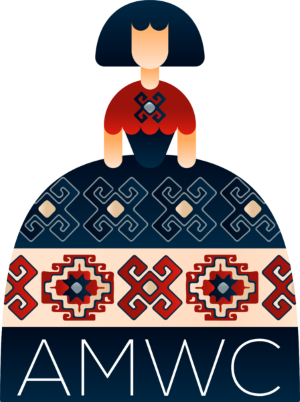
Armenian healthcare is in a state of flux. There are still the residual effects of the old Soviet system which resulted in a large (excessive) numbers of poorly trained physicians and dentists and other healthcare workers. Practitioners are frequently underpaid and rely on direct payments from patients that are, on paper, payable by the national health service.
Specific issues have been identified and explored, including the lack of a primary care base that can manage common diseases, so that a patient is not shuttled between specialists (endocrinologist for diabetes, cardiologist for hypertension, etc).
Many non-governmental organizations exist throughout Armenia and Diaspora. While this stated intent of these NGOs has been to cooperate with each other and coordinate healthcare efforts, communication and collaboration between the groups is a constant challenge. There is potential for duplication of services (e.g. Group A sets up a dental clinic across the street from Group B). The Armenian Medical International Committee (AMIC) was formed in 1990 as an umbrella organization to facilitate cooperation between geographically diverse Armenian healthcare associations, and now includes several specialty service lines including neurology, physical therapy, and others. Medical Congresses have kept us in contact over the years with medical Congresses in the Diaspora and in Armenia, alternating every 2 years. The Madrid Congress will be the 14th Diasporan medical Congress complementing the 6 medical congresses that have been held in Armenia.
Armenia also faces some pressing issues to be addressed at this Congress. These include the need for a comprehensive healthcare program including a well-trained primary care base, issues of disaster management and rehabilitation resulting from recent wars, and noncommunicable chronic diseases.
The Mission Statement describes connections, collaboration, exchange, networking, discourse, insights, strategies, bringing together, partnerships, and strengthening the global Armenian medical community. While new medical developments and specialty care topics are important and frequently the focus of medical conferences, they will be more useful when presented in a format that includes collaboration between the many NGOs and independent practitioners who will attend the Congress. What we believe will drive change in Armenia are connection, cooperation, collaboration, coordination, (collegiality - communication, contribution ... a.k.a. "the C suite”) and importantly, continuation of these efforts between Congresses.
Our medical Congresses attract a variety of attendees including representatives of the Parliament and the Ministry of Health of Armenia, representatives and members of the AMIC associations, and health workers local to the host city who may be new to Armenian healthcare development. Madrid is the first European host city since 1998 (Lyon, France) and we hope to welcome many new participants.
Expected outcomes (Learners will be able to:)
1. Present and discuss leading contributors to morbidity and mortality in Armenia (and solutions)
2. Recognize the varied organizations addressing these contributors to M&M.
3. Share experience and exchange ideas among NGO efforts in Armenia including successes, challenges and disappointments
4. Recognize and follow proper channels within the Armenian government structure when undertaking health projects.
5. Form partnerships between AMIC member associations and other NGOs.
6. Shift the narrative from, “Here is what we are doing” to “How can we work together?”
This Congress is also an important opportunity for participants to share scientific knowledge and achievements. Given the diverse specialties among the faculty and the audience, we recognize that communication and coordination (the C-Suite) are needed to leverage the scientific learning and translate it into actual change in Armenian healthcare.